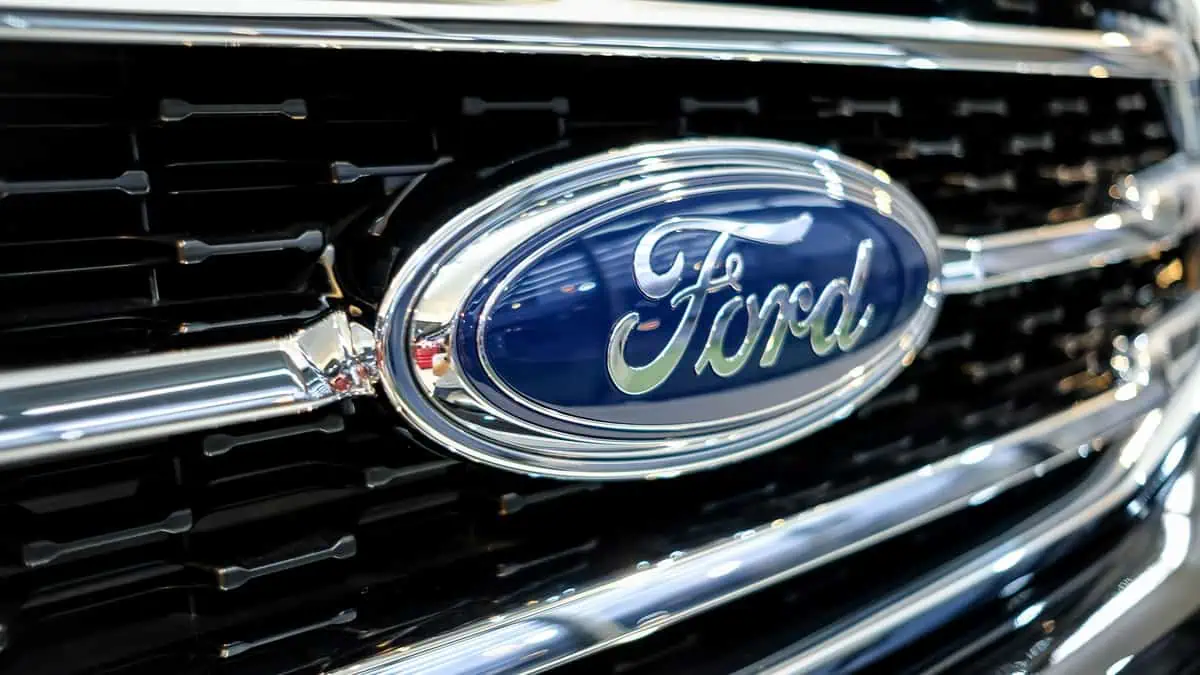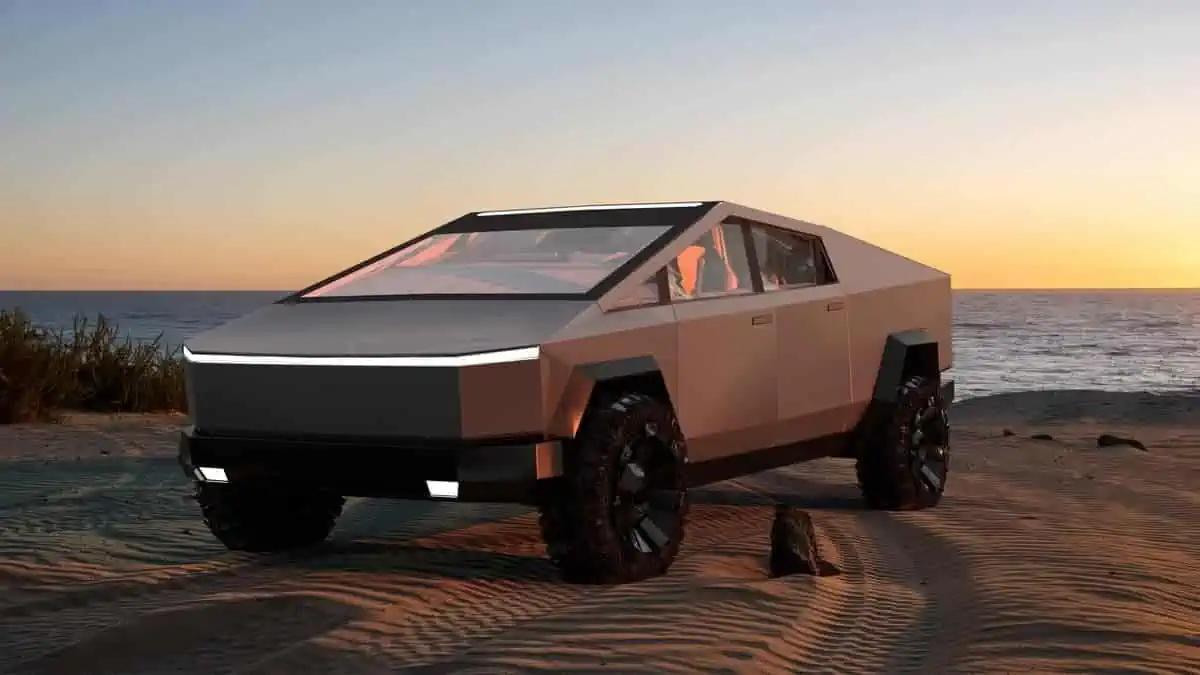American legacy automaker Ford has just announced plans to postpone the production of its next-gen electric vehicles, including an all-electric pickup truck and SUV. The move is part of the company’s strategy to focus on its hybrid vehicle portfolio while the electric vehicle market matures.
Plan changes
According to the press release, Ford is delaying the production of electric vehicles at its Oakville factory in Ontario by two years.
The American automaker moved the production of the planned electric pickup model, codenamed “Project T3,” from 2025 to 2026. Meanwhile, it delayed the production of the three-row electric SUV from 2025 to 2027.
Despite the delay, Ford ensured that it would develop an “advanced industrial system” to support the future production of its next-gen EVs, such as greenfield construction and conversion of existing assembly plants.
Ford explained that it needs more time to let the electric vehicle market mature before going all electric. Therefore, it plans to focus on its current portfolio of gas, hybrid, PHEV, and BEV models, which are contingent on demand.
What’s currently known about the electric pickup and SUV?
Ford Chief EV, Digital & Design Officer Doug Field shared last year that the electric SUV would hit the market by 2025 with 350 miles of driving range. It would apparently be an Explorer-sized EV, which will undergo production at its Oakville factory.
Interestingly, Ford CEO Jim Farley once called this three-row electric SUV a “personalized bullet train.” It will reportedly ride on a bespoke BEV native platform instead of the MEB platform used by the European-spec Explorer.
On the other hand, the planned electric pickup (Project T3) will undergo production at the BlueOval City factory in West Tennessee.
Ford will officially halt the production of its traditional gas-based Edge SUVs next month at the Oakville plant. This move is crucial for the company to retool the factory for future electric SUV production.
However, the delay would further extend the layoffs of about 2,700 workers in the factory. In response, Ford pledged to ease the impact of the plan changes to its workforce.
“We value our Canadian workforce and appreciate that this delay will have an impact on the team. The company will work with Unifor [the labor union] to mitigate the impact the launch delay will have on its workforce at Oakville.”
Ford
Ford trails behind Tesla in EV sales in Q1 2024
Ford’s electric vehicle sales surged 86% year-on-year to 20,223 units in the first quarter of 2024. This figure represents around 4.2% of the brand’s overall volume.
This remarkable sales growth enabled the company to defend its position as the second-top-selling electric vehicle brand in North America, behind industry leader Tesla. Here’s a breakdown of Ford’s BEV sales from January to March 2024:
| Model | Units Sold | YOY Change |
| Mustang Mach-E | 9,589 | +77% |
| F-150 Lightning | 7,743 | +80% |
| E-Transit | 2,891 | +148% |
| Total | 20,223 | +86% |
“As the No. 2 EV brand in the U.S. for the past two years, we are committed to scaling a profitable EV business, using capital wisely, and bringing to market the right gas, hybrid and fully electric vehicles at the right time. Our breakthrough, next-generation EVs will be new from the ground up and fully software enabled, with ever-improving digital experiences and a multitude of potential services.”
Ford CEO Jim Farley
Ford’s decision came as the electric vehicle uptake failed to meet most automakers’ initial expectations. The slower-than-expected EV uptake prompted the company to delay some of its electrification plans to be ready when the demand rekindles.






